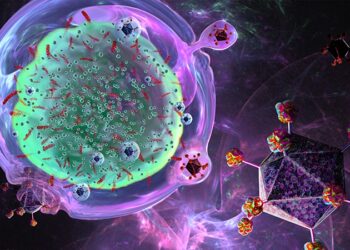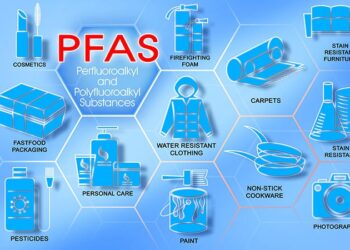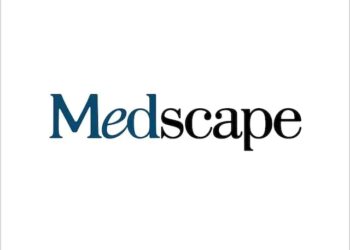TOPLINE:
Compared with placebo, eptinezumab failed to significantly reduce the number of episodic cluster headache (ECH) attacks but showed higher responder rates and improved quality-of-life measures.
METHODOLOGY:
- Eptinezumab, an anti–calcitonin gene-related peptide monoclonal antibody, was evaluated for the treatment of ECH.
- This phase 3, double-blind, placebo-controlled trial (ALLEVIATE) was conducted across 64 sites in 18 countries from December 2020 to October 2023 and screened 628 adults with ECH.
- A total of 231 adults (aged 18-75 years; mean age, 44 years; 78% men) meeting the criteria (a history of ECH for 1 or more years and seven or more CH attacks during screening) were randomly assigned to receive either eptinezumab 400 mg (n = 113) or placebo (n = 118) via intravenous infusion.
- After the 4-week placebo-controlled phase, participants who received placebo transitioned to delayed-start active treatment for an additional 4 weeks, followed by 12 weeks of observation and an 8-week safety follow-up.
- The primary outcome was the change from baseline in the number of weekly attacks (weeks 1-2), assessed via a daily electronic diary; secondary outcomes included responder rates of 50% or greater/75% or greater; pain severity; change in disease status, assessed using the Patient Global Impression of Change (PGIC); quality of life, assessed using the Sleep Impact Scale; participant well-being, assessed using the EQ-5D-5L; and self-rated productivity, assessed using the Work Productivity and Activity Impairment.
TAKEAWAY:
- No significant reduction in the number of weekly attacks were observed with eptinezumab vs placebo during weeks 1 and 2 (least-square mean difference, 0.7; P = .50).
- A higher proportion of eptinezumab-treated participants achieved 50% or greater response than placebo-treated participants over week 2 (50.9% vs 37.3%; odds ratio [OR], 1.77; P = .04), week 3 (62.5% vs 43.8%; OR, 2.26; P = .004), and week 4 (66.7% vs 50.5%; OR, 2.14; P = .009).
- Compared with placebo, eptinezumab demonstrated improvements for 75% or greater responder rates by week 4 (35.5% vs 52.0%; OR, 1.98; P = .02).
- Numerically greater improvements were observed with eptinezumab than with placebo in terms of PGIC scores, EQ-5D-5L visual analog scale scores (mean difference, 7.8 points; P = .02), and sleep/activity metrics.
- Treatment-emergent adverse events were similar between eptinezumab and placebo (25.0% and 26.5%, respectively), confirming tolerability.
IN PRACTICE:
“Among adults with episodic cluster headache, eptinezumab did not significantly reduce the number of attacks vs placebo, although it was associated with numerically higher responder rates and improvements in average daily pain and patient-reported outcomes. Eptinezumab was generally well tolerated,” the authors of the study wrote.
SOURCE:
This study was led by Rigmor H. Jensen, Danish Headache Center, Department of Neurology, Rigshospitalet-Glostrup, University of Copenhagen, Copenhagen, Denmark. It was published online on May 19 in JAMA Neurology.
LIMITATIONS:
T he study’s generalisability may be limited due to the predominantly male (78%) and European population. Early termination due to futility reduced the sample size, although the cohort remained sufficient for the primary analysis. The 4-week placebo-controlled period was too brief to assess the long-term efficacy, unlike the 12-week regimens used for migraine prevention.
DISCLOSURES:
This trial was sponsored and funded by H. Lundbeck A/S, including medical writing support. Jensen reported receiving grants from Københavns Universitet, Lundbeck Pharma, Novo Nordisk, and Lundbeck Foundation paid to the institution during the conduct of the study. Additional disclosures are noted in the original article.
This article was created using several editorial tools, including AI, as part of the process. Human editors reviewed this content before publication.
Source link : https://www.medscape.com/viewarticle/eptinezumab-episodic-cluster-headache-prevention-2025a1000d6u?src=rss
Author :
Publish date : 2025-05-28 12:00:00
Copyright for syndicated content belongs to the linked Source.












